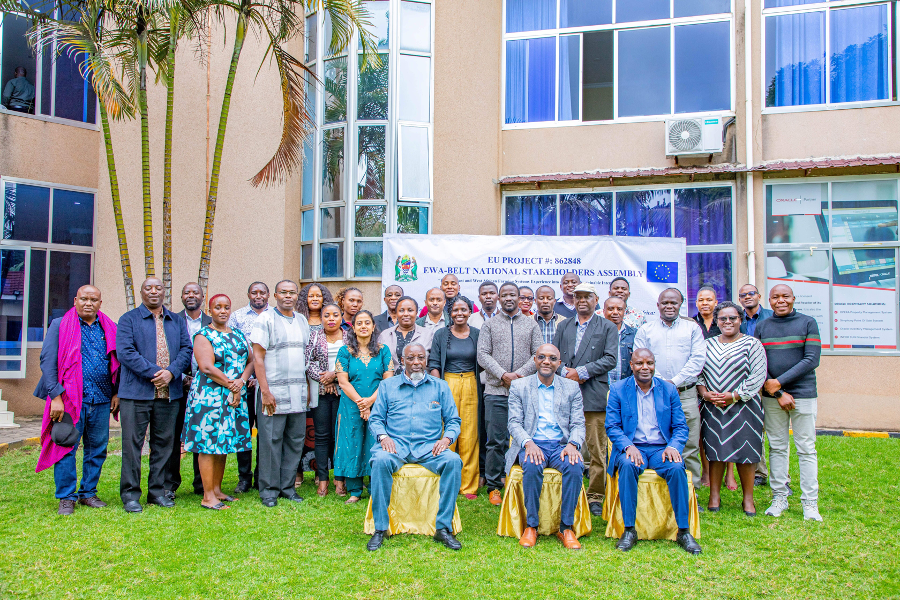EWABELT cited at the United Nations Third Committee informal meeting with Civil Society
- OCCAM - Observatory on Digital Communication

- Feb 18, 2022
- 2 min read
Updated: Feb 21, 2022
February 16, 2022 live-streamed worldwide on UN Webcast

On February 16, 2022, OCCAM – Observatory on Digital Communication affiliated with the Economic and Social Council of the United Nations – participated in the Third Committee Meeting with the Civil Society.
During the 76th Session, the Third Committee on Social, Humanitarian & Cultural Issues has approved more than 30 resolutions on questions related to the advancement of women, the protection of children, indigenous issues, the treatment of refugees, the promotion of fundamental freedoms through the elimination of racism and racial discrimination, and the right to self- determination. The Committee also addressed important social development questions such as issues related to youth, family, ageing, persons with disabilities, crime prevention, criminal justice, and international drug control. The meeting offered an opportunity for Member States and representatives of Non-Governmental Organizations in consultative status with the Economic and Social Council to share thoughts on the Resolutions and outcomes of the 76th session of the Third Committee.
During the gathering, OCCAM underlined the importance of identifying and discussing the current and future challenges not only with research and studies but mostly operating on the ground in many rural villages in Africa and Latin America where the conditions of minorities, including women, children, and people with disabilities must be necessarily improved. Such enhancement could be reached through the application of Digital tools and Best Practices in the fields of Digital Agriculture, food-security, and food exploitation. A good example of this application is what OCCAM did at the UN Millennium Village of Sambaina, in Madagascar, and what it is doing together with other 19 partners in several villages in East and West Sub-Saharan countries within the EU EWA-BELT Project a Horizon 2020 project on Sustainable intensification of Agriculture.
In a world that is continuously and, in many cases, irreversibly changing leading to a greater digitalization in every field, understanding the direction of the digital transition processes is of the utmost importance. The Digital Revolution has provided great opportunities to the communities most in need to freely access technological innovations to communicate as well as to take advantage of the e-services oriented to solve their primary needs. EWA-BELT Project aims at applying new technologies for the adaptation of new and improved traditional crops in different agroecosystems. As such, the project has introduced highly innovative cost-affordable technologies, to be easily used in the field by unskilled personnel. Technical benefits provided by all implemented techniques will be then evaluated for their economic effect on farmers and along the value chain. In addition, EWA-BELT is addressing gender issues and empowering women at every stage of the process.
In this scenario, the representatives of different NGO affiliated to ECOSOC as well as State member functionaries convene on the necessity of involving the Civil Society in the meeting of the United Nations so to promote the exchange of best practices, opinions, and responsibilities. The UN has always played a key and historical role in assuring transparency in all its operating fields. Such responsibility must be renewed so to promote a new wind of change capable of creating a more inclusive and fairer Digital Society inspired by human rights and SDGs where nobody is left behind.
Rewatch online on UNWEBCAST here





Comments